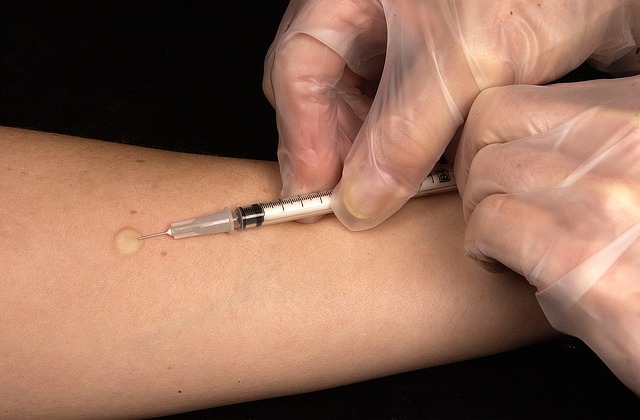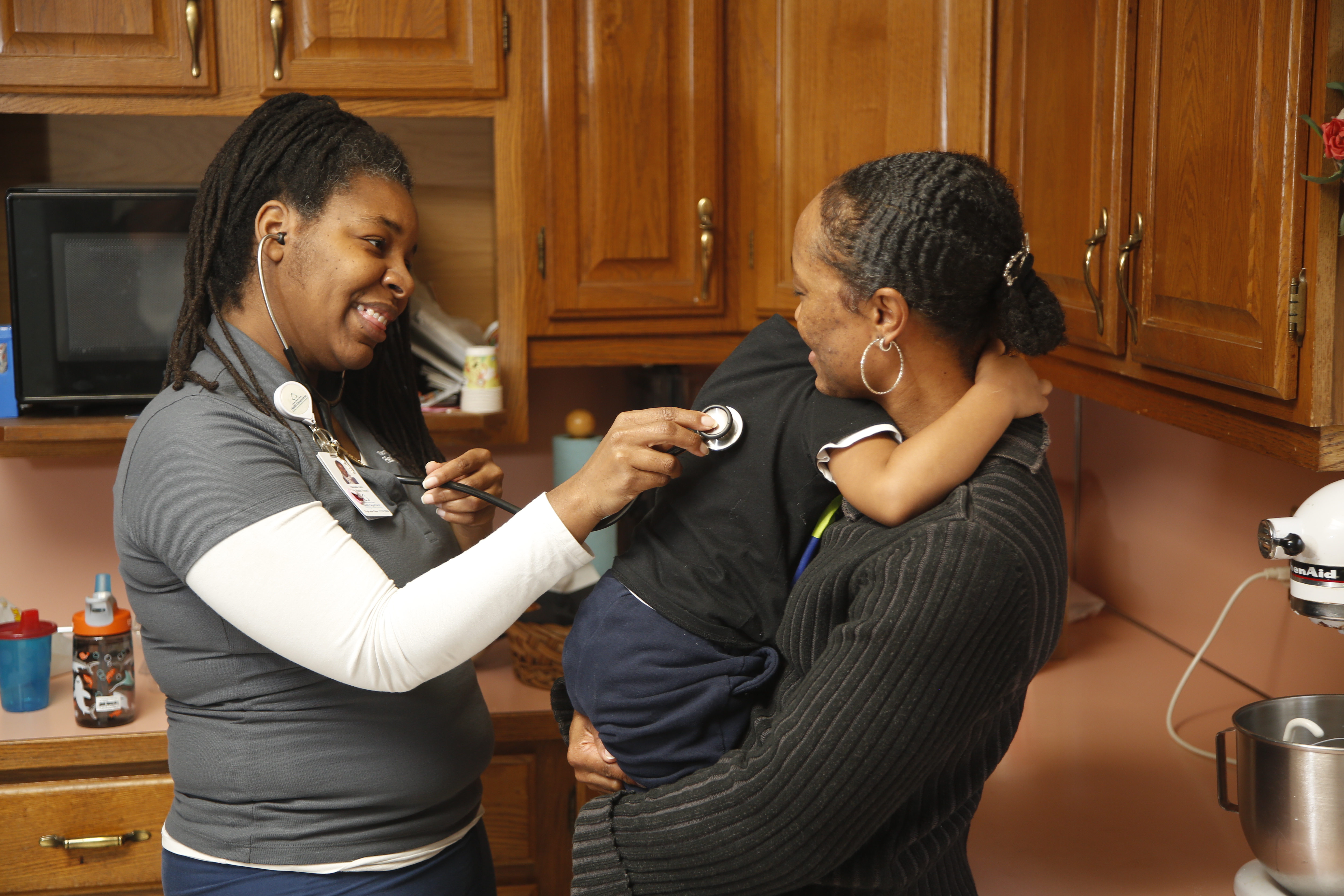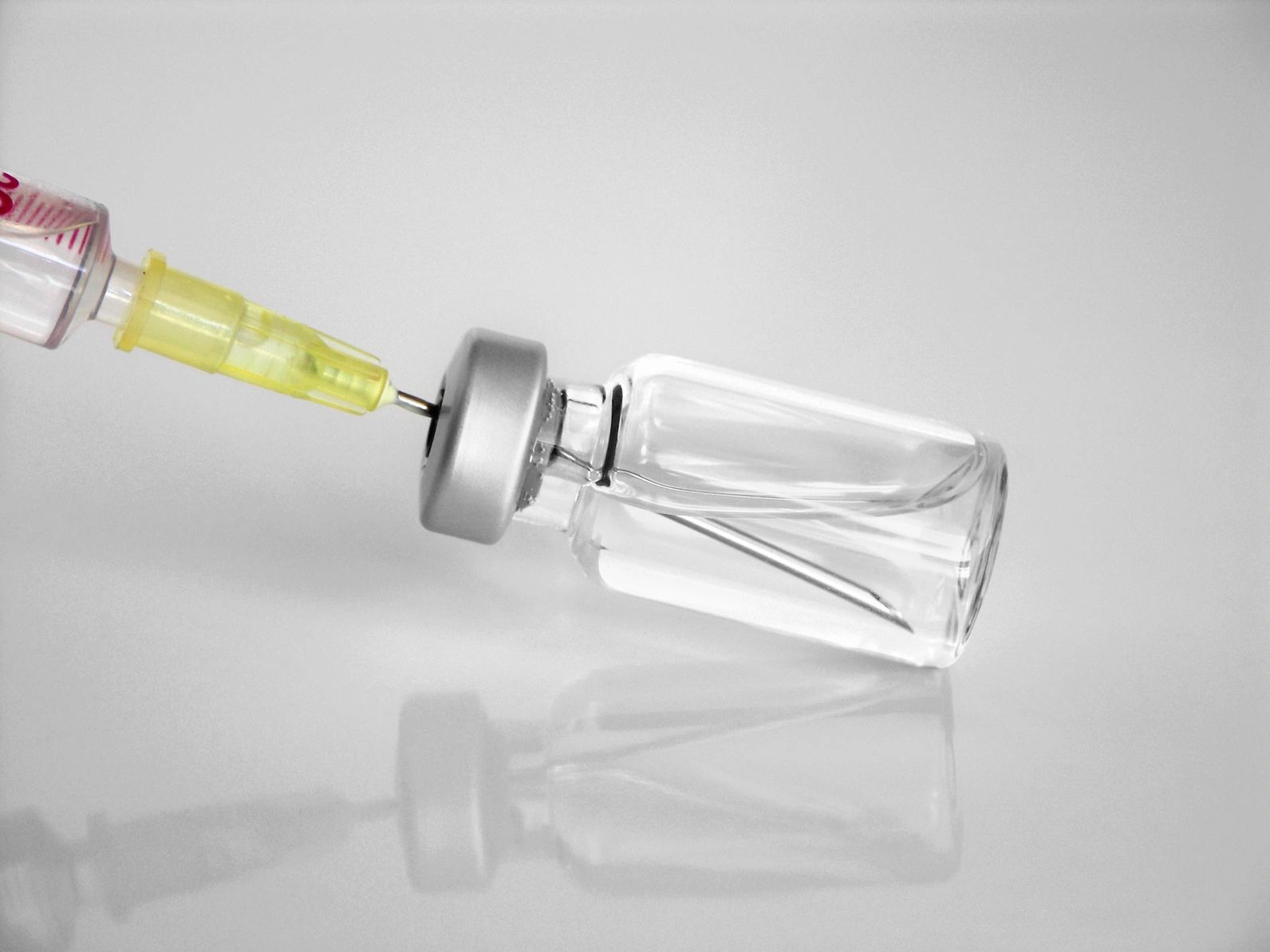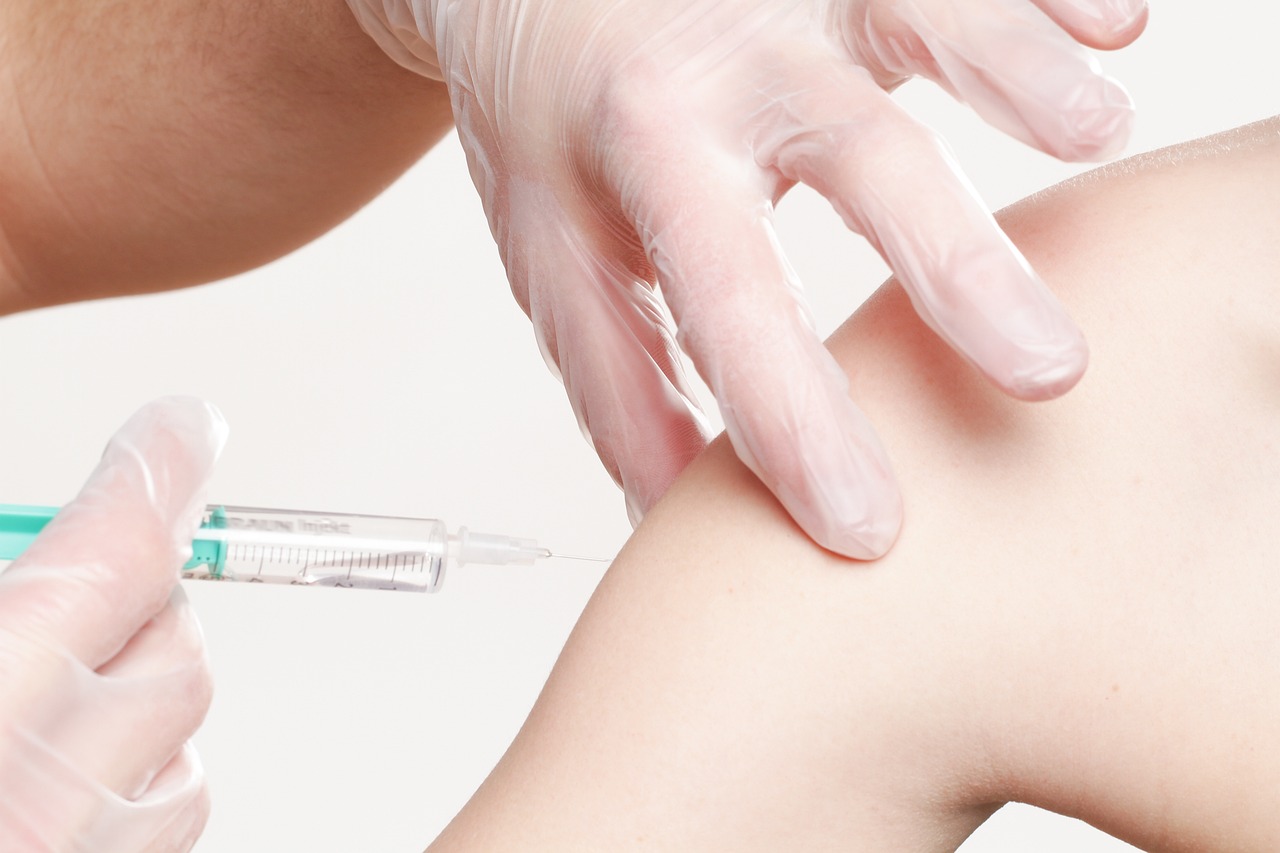-
7/30/25 Provider Alert: Chagas Disease Screening Recommendations in Washington
Summary: Screen patients for Chagas disease if they have a history of residence in or prolonged travel to Mexico, Central, or South America. Chagas disease is a vector-borne parasitic disease which, if left untreated, can lead to chronic cardiac and gastrointestinal symptoms, adverse pregnancy outcomes, and/or congenital Chagas disease in infants. Current Situation The Washington State…
-
12/13/23 Health Advisory: Test for tuberculosis people who were incarcerated
A large outbreak of tuberculosis (TB) in the state prison system may affect more than 800 people who were incarcerated. Requested actions Ask patients about risk factors for TB exposure: Test people with risk factors unless they have a known history of TB infection or TB disease. Evaluate people who test positive to rule out…
-
12/07/23 Health Advisory: Test perinatally exposed children for hepatitis C.
Action requested Centers for Disease Control and Prevention (CDC) recommends you test children born to people with: Test children for HCV RNA at 2–6 months old, up to 17 months old. Give untested children older than 18 months an HCV antibody test with reflex to HCV RNA. Report hepatitis C cases in pregnant people and the…
-
11/22/23 Health Advisory: Nirsevimab supplies are short.
Advisory or Update, Communicable Disease and Immunization Update, Health Advisory, Provider Resources, VaccineNirsevimab (Beyfortus) RSV preventive antibodies for infants is in short supply. Encourage Abrysvo vaccine for pregnant people to protect babies from RSV. Washington will receive 7,700 50 mg and 600 100 mg nirsevimab doses for the remainder of respiratory syncytial virus (RSV) season. Centers for Disease Control and Prevention (CDC) released a Health Alert that…
-
Health Officer recommends masking in patient and visitor contact areas of healthcare settings
Advisory or Update, Communicable Disease and Immunization Update, Communicable Disease Data Report, COVID-19, Health Advisory, Health Alert, UncategorizedMonitoring of ED visits due to RSV disease indicates that our region has exceeded the threshold for seasonal rapid increase in cases. We also expect to see a rapid increase in influenza visits in the coming weeks, and COVID-19 is still spreading in the community. To reduce the risk of viral pathogen transmission in healthcare…
-
10/02/23 Health Advisory: 2023–2024 Respiratory Illness Season
Advisory or Update, Communicable Disease and Immunization Update, COVID-19, Health Advisory, News and Alerts, News and Update, Notifiable Conditions, Provider ResourcesThis 2023–2024 respiratory illness season, we’re monitoring 3 common causes of respiratory illness that circulate in Island County: influenza, respiratory syncytial virus (RSV), and COVID-19. Please review the information below and resources posted on the Island County Public Health Seasonal Respiratory Illnesses webpage. Influenza Centers for Disease Control and Prevention (CDC) estimates that in the…
-
09/20/23 Health Advisory: New COVID-19 Vaccines Authorized, Previous Bivalent COVID-19 Vaccines Deauthorized
Advisory or Update, Communicable Disease and Immunization Update, COVID-19, Health Advisory, News and Alerts, Provider ResourcesOn Sept. 11, 2023, U.S. Food and Drug Administration (FDA) authorized for emergency use new, updated (2023–2024) COVID-19 vaccines from Moderna and Pfizer. FDA deauthorized previous bivalent COVID-19 vaccines. On Sept. 11, 2023, FDA deauthorized previous bivalent COVID-19 vaccines from Moderna and Pfizer. CDC recommends new, updated (2023–2024) COVID-19 vaccines. CDC’s new, updated (2023–2014) COVID-19…
-
07/19/23: The first case of Candida auris diagnosed in Washington
A Pierce County man was diagnosed July 13 with colonization due to Candida auris (C. auris), a multidrug-resistant fungus that can cause serious infections. This is believed to be the first locally acquired case in Washington. C. auris is a type of yeast that can cause severe illness, especially in those suffering from serious medical conditions who have…
-
07/06/23 Health Advisory: Syphilis Treatment Impacted by Bicillin L-A Shortage
Penicillin G benzathine (Bicillin L-A) is in short supply due to increased demand. Syphilis is increasing in all groups, especially in heterosexual people. Reserve Bicillin L-A for pregnant people with or exposed to syphilis, or babies with congenital syphilis. Read on for syphilis: Treatment. Testing with reverse algorithm. Reserve Bicillin L-A for pregnant people. Reserve…
-
Telehealth sexual and reproductive health care services now available in Washington
The Washington State Department of Health (DOH) has launched a new webpage and tool to find telehealth sexual and reproductive health care services in Washington. The new DOH webpage and tool offers information about 37 clinics in the Washington State Sexual and Reproductive Health Network that provide telehealth appointments. Available telehealth services include birth control refills, pregnancy options counseling,…
-
03/14/23 Health Advisory: Extensively Drug-Resistant Shigellosis
Advisory or Update, Health Advisory, Infection Control, News and Alerts, News and Update, Notifiable Conditions, Provider ResourcesRequested actions Background Shigellosis is an acute enteric infection. It is an important cause of domestically acquired and travel-associated bacterial diarrhea in the United States. A low infectious dose makes Shigella bacteria easily transmitted from person to person. Consider shigellosis in the differential diagnosis of acute diarrhea, especially in people who: Shigellosis can be a mild,…
-
02/22/23 Health Advisory: Increase COVID-19 Treatment Access, Prescribing and Uptake
COVID-19 treatment is shown to reduce hospitalization. Yet it is under-used for high-risk patients with acute COVID-19. High-risk patients are: COVID-19 continues to cause 2,000 to 3,000 deaths each week in the United States. On Feb. 6, Washington State Department of Health (DOH) relaunched its free telehealth program. The program, in partnership with Color Health,…
-
Hepatitis A Fact Sheet
Overview Transmission: Fecal-oral. Incubation Period: Average 28-30 days (range 15-50 days). Symptoms: Anorexia, vomiting, abdominal pain, fatigue, followed by jaundice. Severity of illness increases with age. Infectious Period: 14 days prior to onset of jaundice to seven days after onset of jaundice. Infants can excrete virus in the stool for longer periods of time. Epidemiology:…












